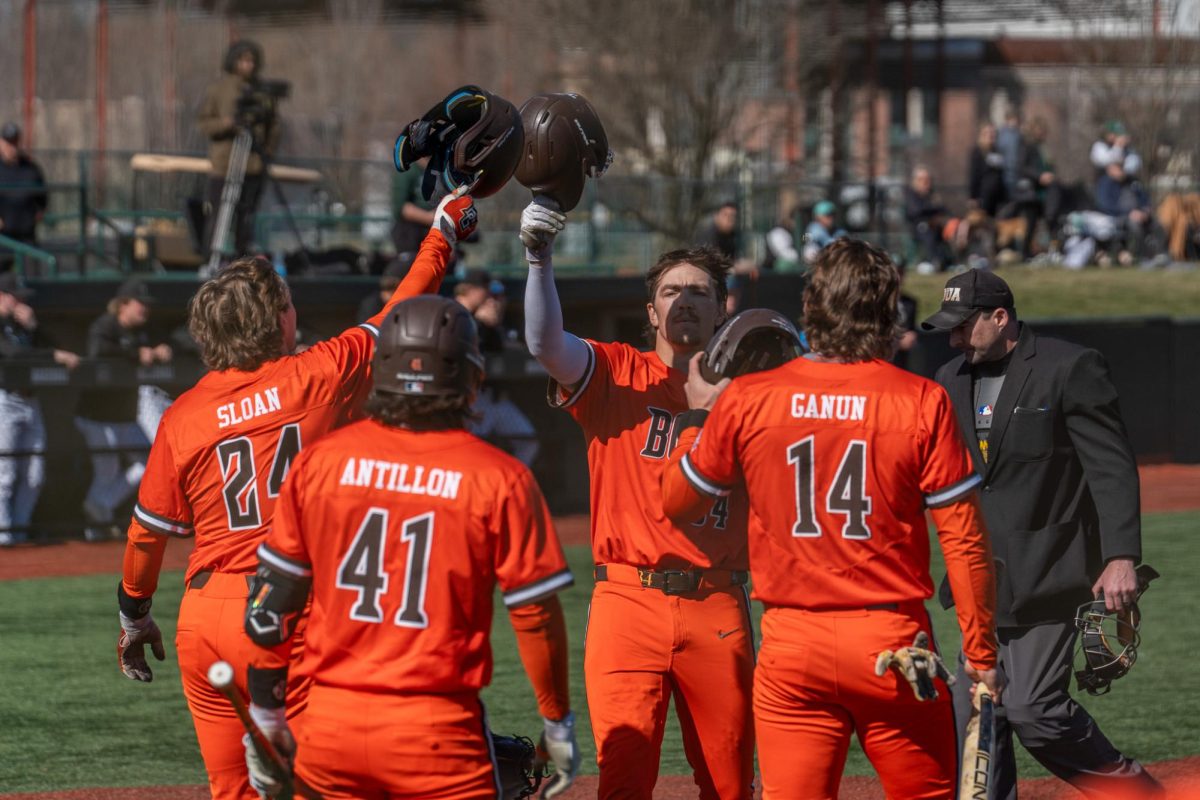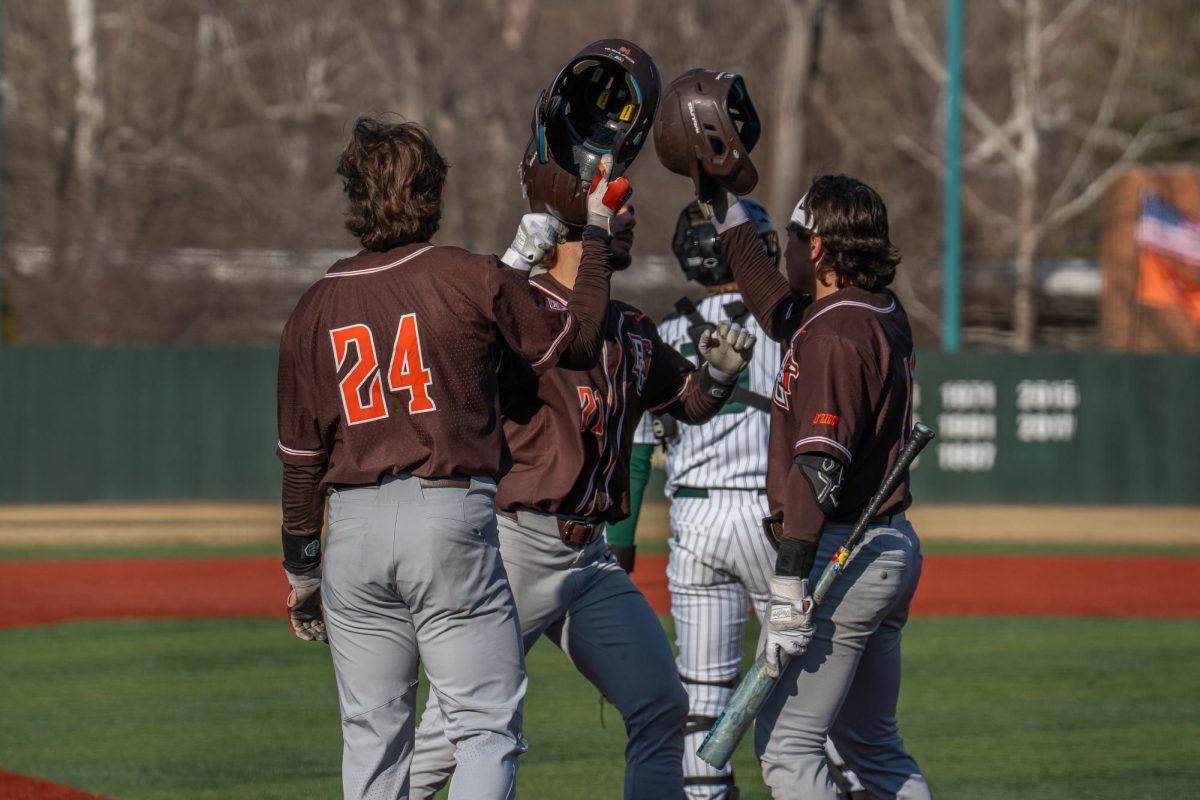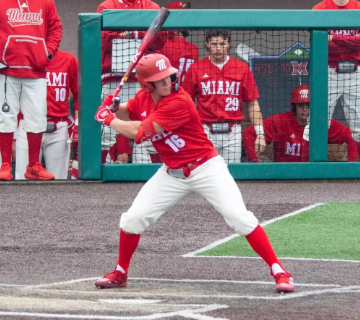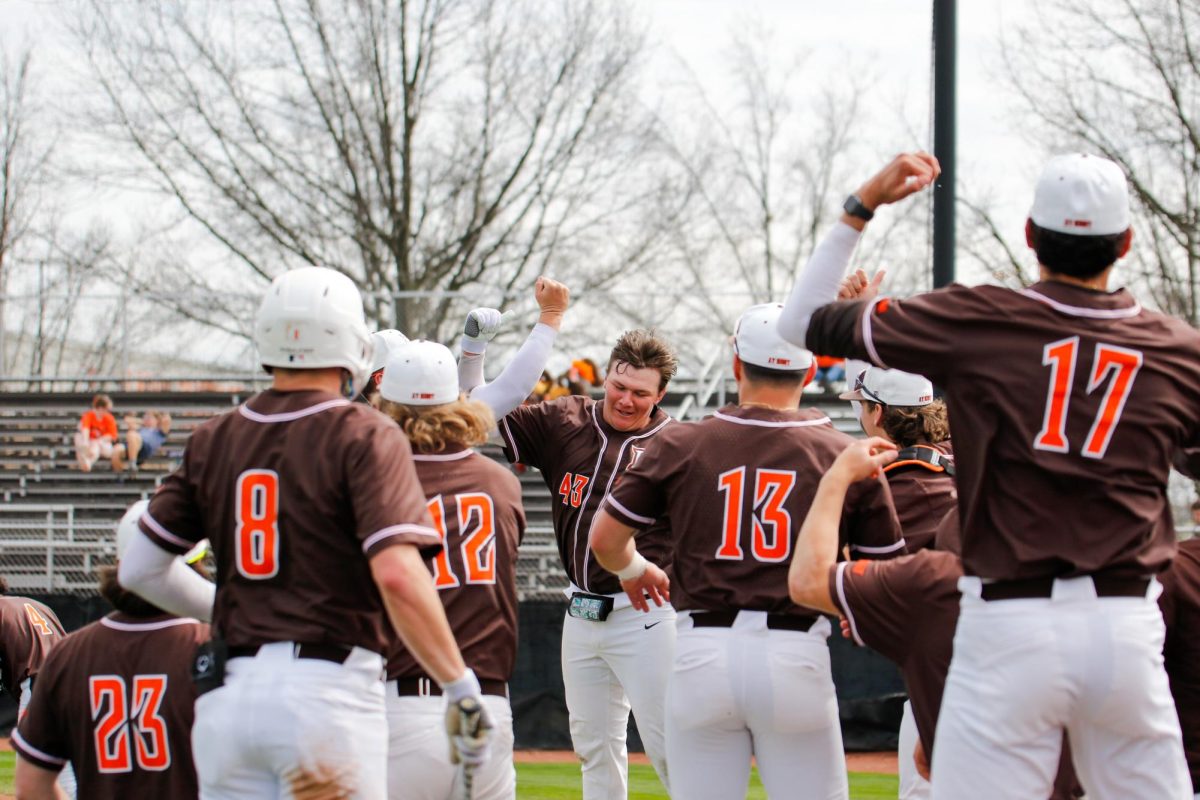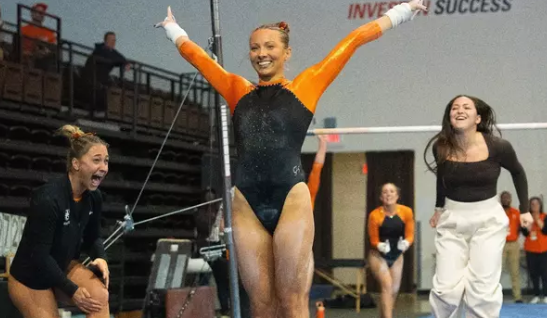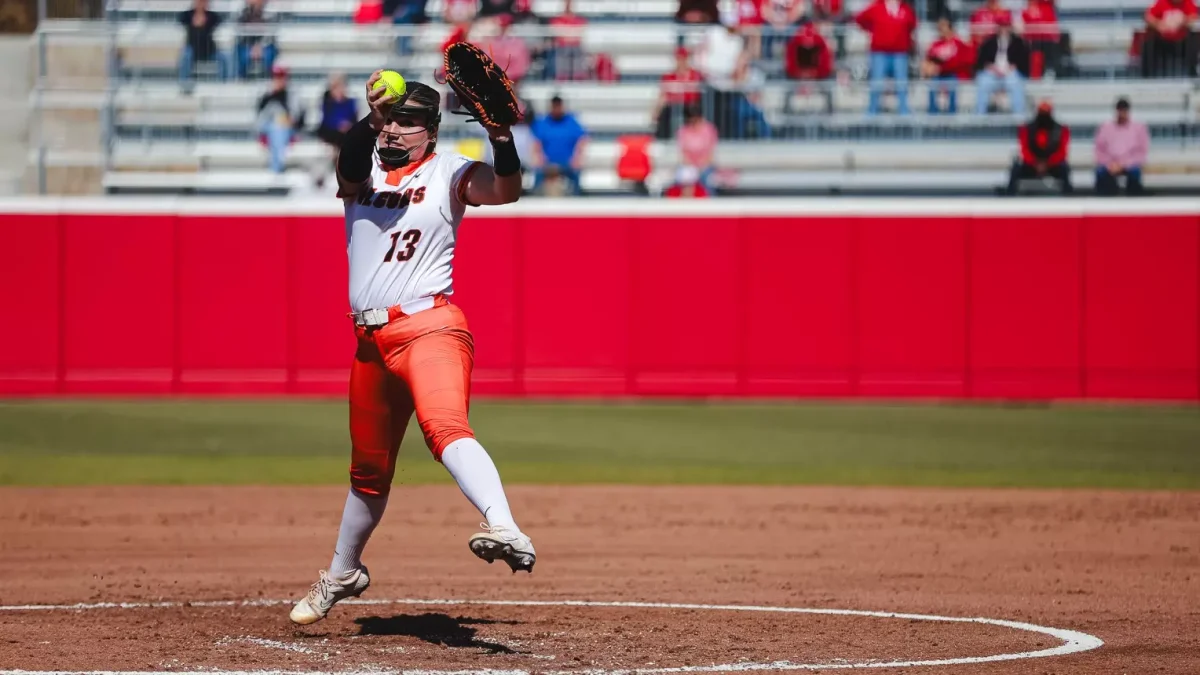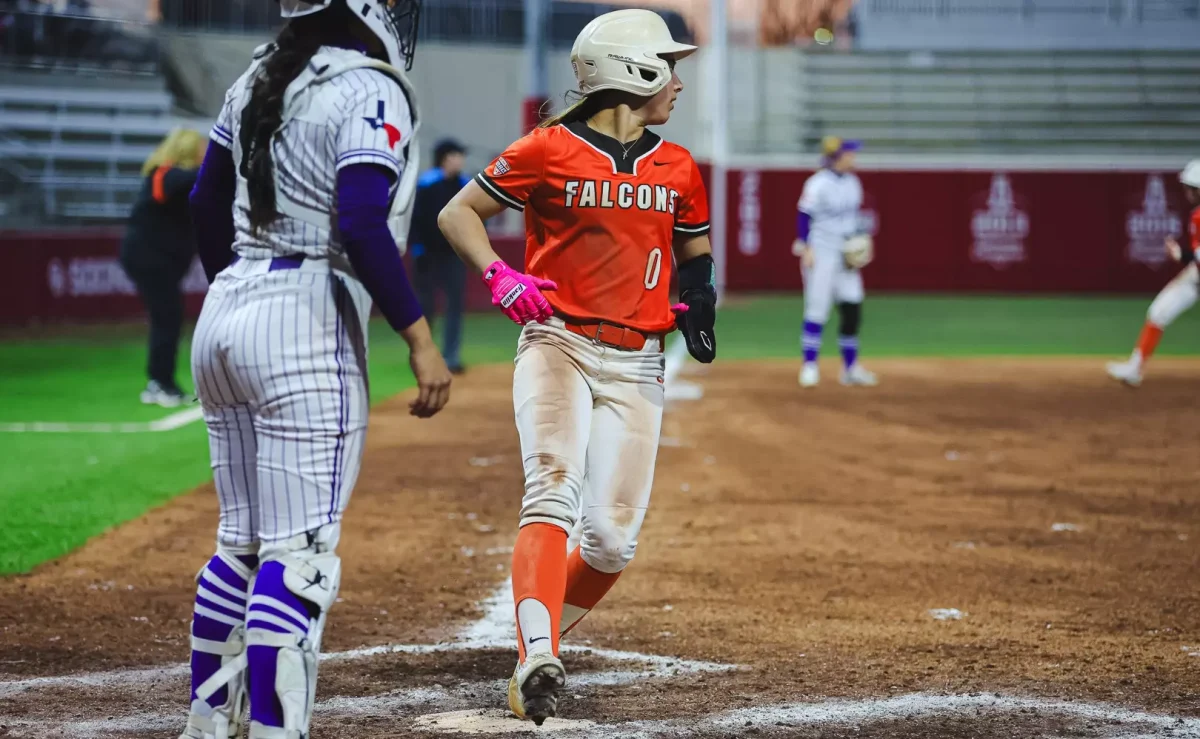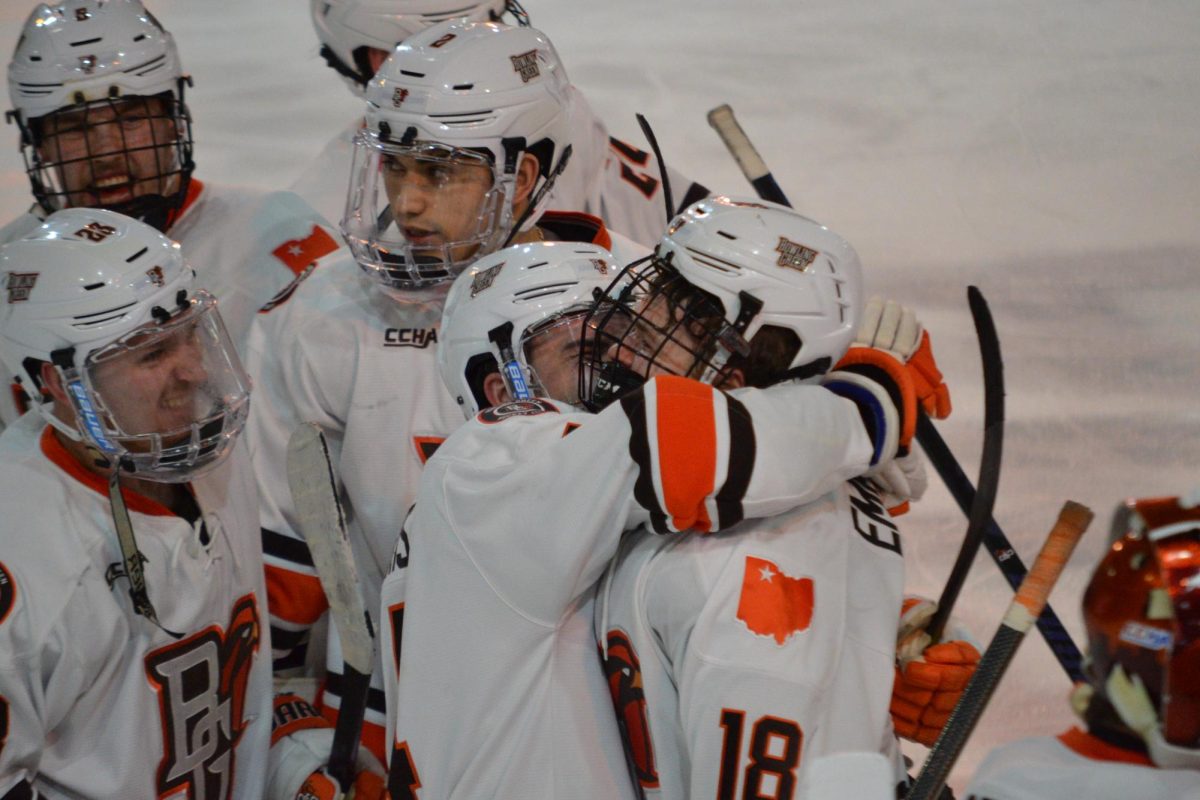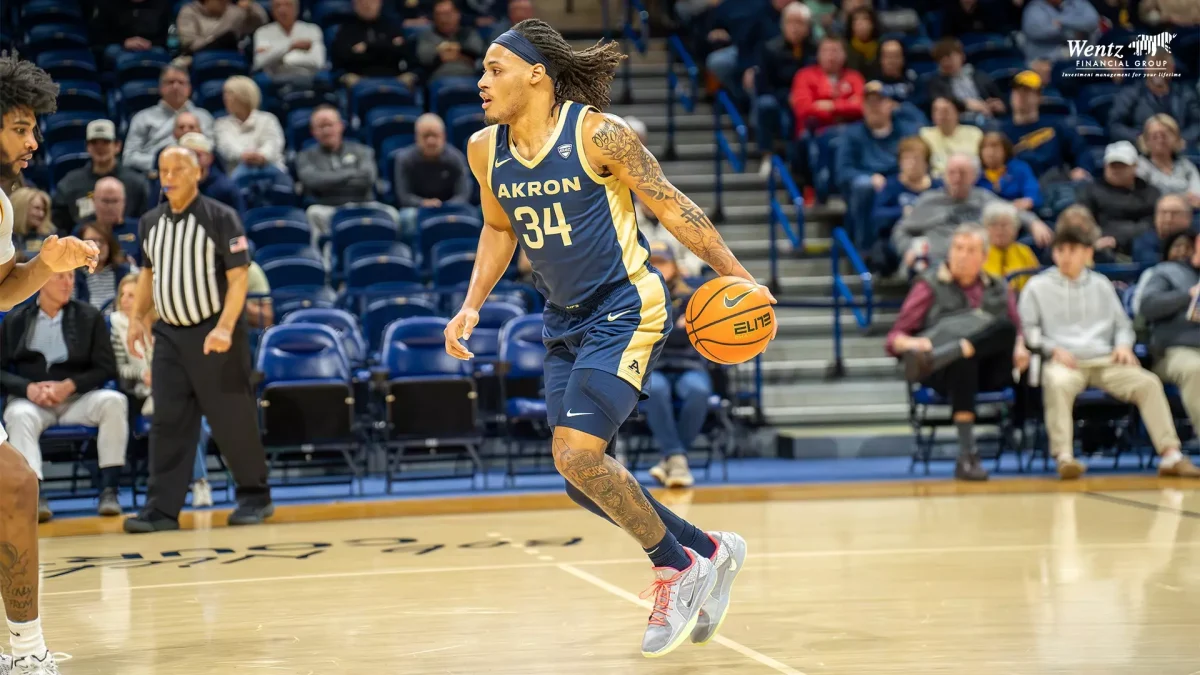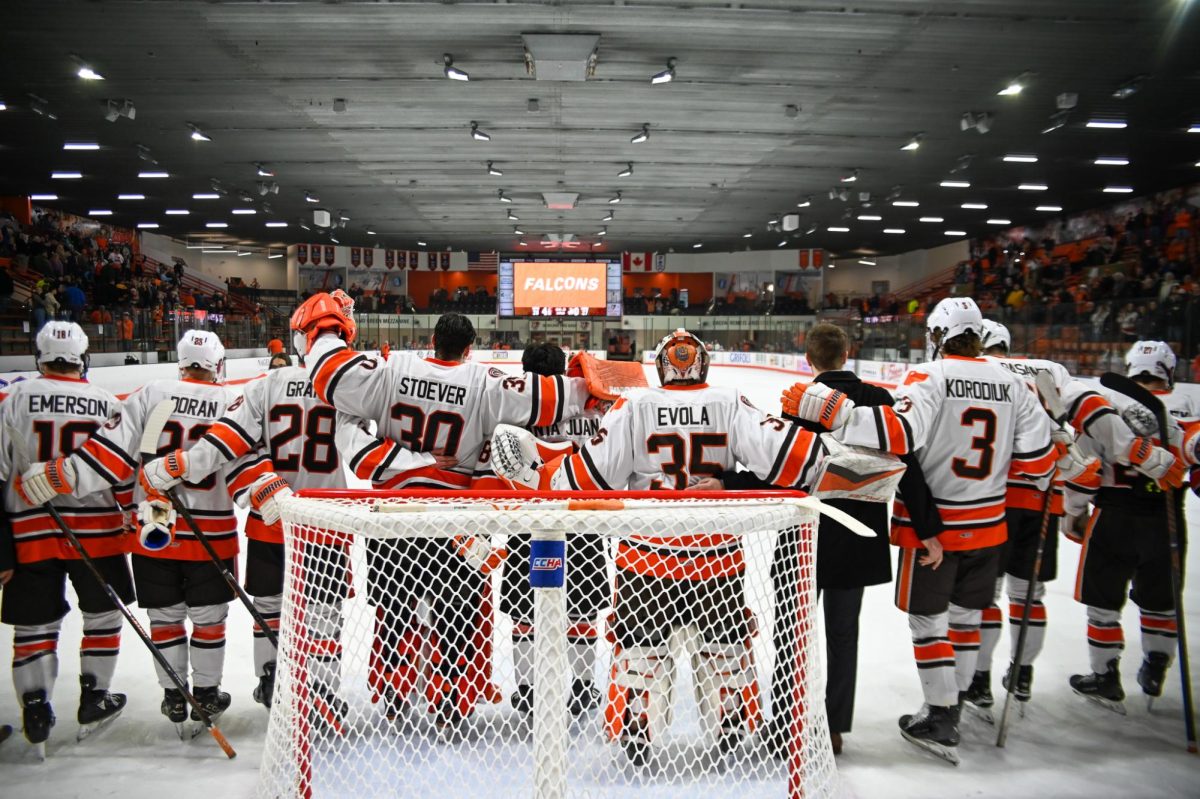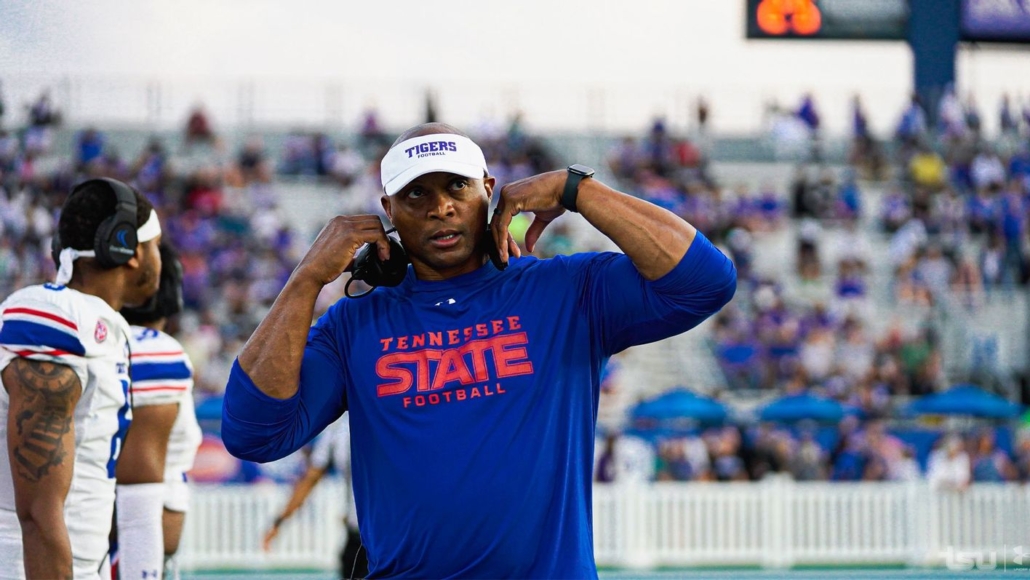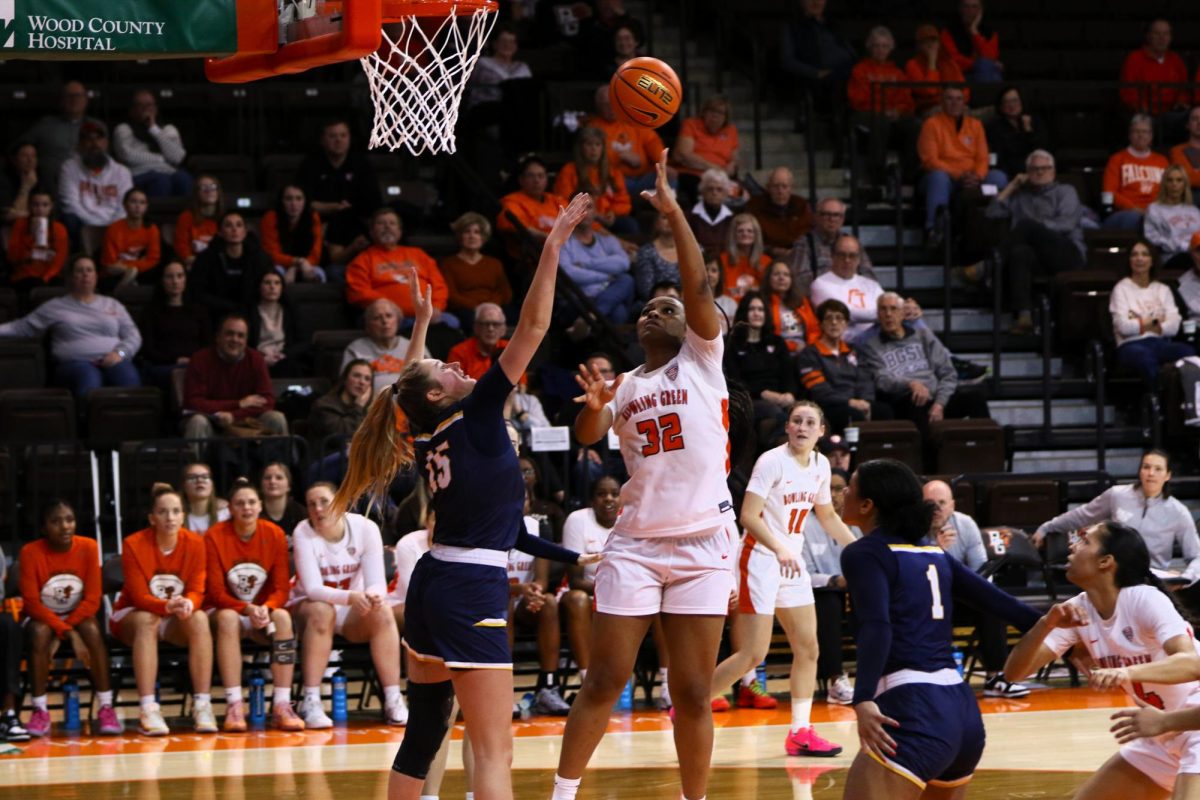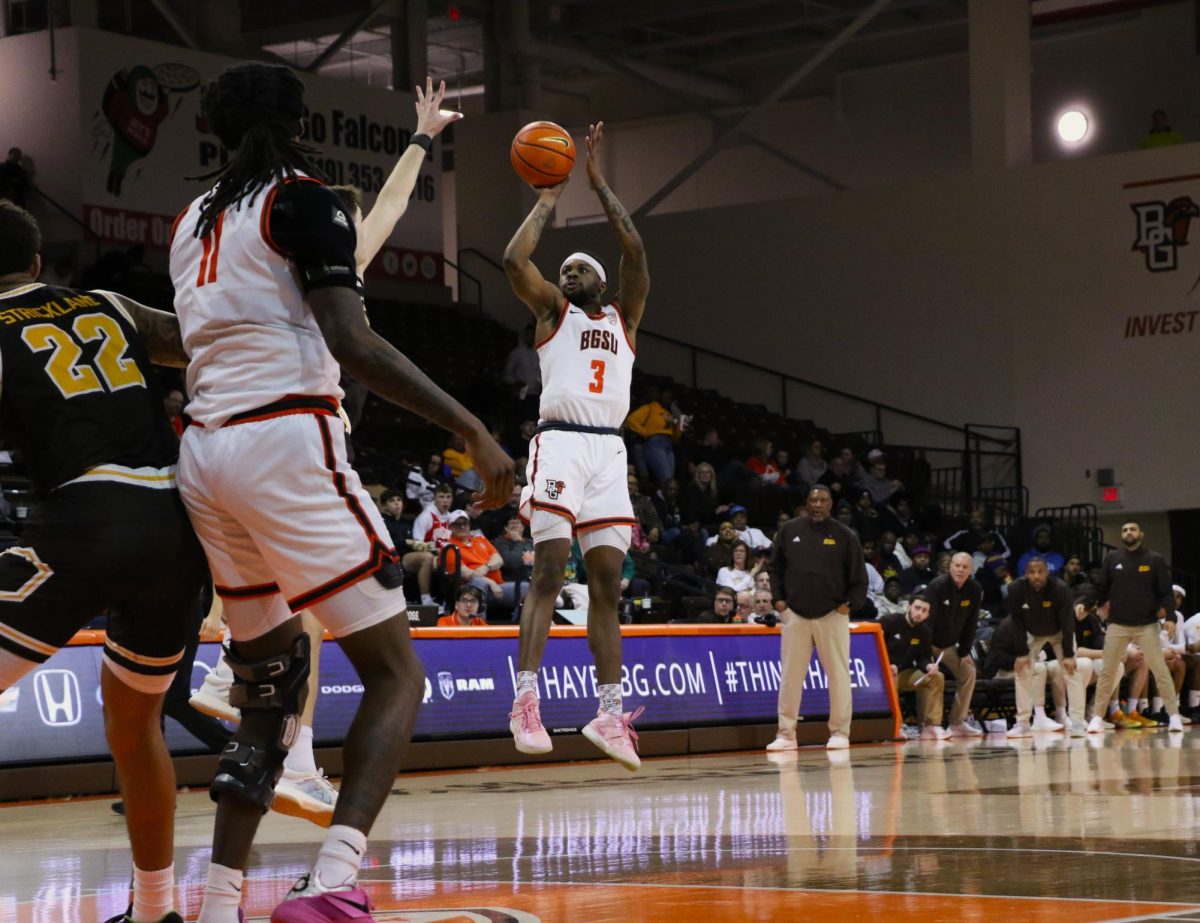There’s something different about this year’s Spring Training. It’s not that the Houston Astros mark the first divisional move in nearly a decade or the World Baseball Classic forcing players to choose either the partisanship of their ballclub or their home country.
Rather, it’s the first Spring Training in my lifetime and surely most of yours that the venerable infielder, known to fans in half a dozen cities as “Little O” and “O-mahhh,” is not among the hundreds of players and major league hopefuls preparing for a new season.
Omar Enrique Vizquel, formerly of the Mariners, Giants, Rangers, White Sox, Blue Jays and most notably the Indians, is 45 years old and has hung up his proverbial spikes.
In 2012, his last major league season, the Venezuelan was part-utility infielder and pinch hitter as well as a de facto instructor, mentoring players half his age and counseling the team’s various Latino stars.
To give you a sense, his teammate Edwin Encarnacion, an eight-year veteran, was only a year old when Vizquel was first drafted as a free agent in 1984. Reagan was still in his first term and Back to the Future had yet to hit the big screen.
In Omar’s last plate appearance — the 12,013th of his career — the crafty veteran evoked memories of Ted Williams and Ken Griffey Jr., two other left-handed-batting jewels, stroking a single into center field. The hit gave him a lifetime total of 2,877, the most of any Venezuelan player in major league history.
My own memories of Vizquel extend back to his time in Cleveland. As a shortstop, Omar glided across the infield, the dirt surface merely a backdrop to his daily ballet routine. The double-play combination with Roberto Alomar was baseball’s answer to Michael Jordan and Scottie Pippin (or Dennis Rodman, if you prefer) in the 1990s.
If Jim Thome was the backbone of the Indians in that decade, and Kenny Lofton the legs, Vizquel was most fittingly cast as the team’s heart. Between 1995 and 2002, Omar averaged over 650 plate appearances and 150 games a season.
The “all-defense, no bat” moniker he brought to the corner of Carnegie and Ontario from the West Coast was all but erased.
Sure, he did win nine-straight American League Gold Glove awards (then two more amazingly as a 38- and 39-year-old in San Francisco), but Vizquel remained one of the team’s most consistent offensive weapons, averaging 40 extra base hits and nearly 100 runs scored a year as the Indians reached the playoffs in six out of seven years at their height.
Greater than just physical talent was his extraordinary baseball mind. In one game toward the later end of his career, Omar waited underneath a towering pop-fly to second base to make the catch with a runner at first.
Few 11-time Gold Glove winners make mistakes in the field, and even fewer do so on purpose. But Omar, noticing the disparity between the speedy runner at first base and the power hitter trotting to first after popping up, elected to let the ball drop.
Vizquel knew he’d rather have the slower runner replace the man on first. The ball bounced chunkily into his glove, and he quick-tossed to second base for the force out.
That was vintage Omar, always thinking, scheming, and more often than not, smiling his familiar grin the whole way.
His wit extended beyond the infield, too. After lining a home run to right field for the Texas Rangers in 2009, a team which hit 224 home runs that season, Vizquel mocked his power-hitting teammates, flexing his arms and strutting around the dugout.
He’d been tasked that season to help mold Elvis Andrus, the team’s rookie shortstop and a fellow early-tested Venezuelan star. Andrus would go on to finish second in the Rookie of the Year vote, and has since made two All-Star rosters.
Now here comes the question which so often follows: is Vizquel, the veteran of 24 seasons and nearly 2,900 hits, a Hall of Famer?
Vizquel is currently 40th in career hits. Among the top 39, only four non-active players have yet to reach the Hall. Of the three who aren’t banned from baseball, two of them were on the ballot for the first time this year, Craig Biggio and Barry Bonds, with Biggio receiving more votes than any other player (no one was elected this year).
No other player in baseball history has played as many games at shortstop than Vizquel or turned as many double plays from the position, and only one other player has a higher fielding percentage than his career .985.
He did have one flaw: the scrappy, hustling infielder from Caracas, Venezuela played beneath the shadow of a steroid, power-crazed era while retaining his 5’9”, 180 pound frame and never hit more than 14 home runs in a single season.
While popular in most cities whose infields he roamed, particularly in Cleveland, Vizquel never reached the widespread notoriety of his bulkier counterparts. In 24 seasons, despite all the Gold Gloves and consistently solid offense, Vizquel appeared in just three All-Star games, and only once in his career did he finish in the top-20 in league MVP votes. He reached 16th in 1999.
More acutely, Vizquel finished with a career wins above replacement of above 40 just on the offensive side—meaning that, on average, his bat alone contributed to several of his team’s wins over the course of each season compared to a theoretical replacement.
But thanks to an offensively explosive era, even in many of his best hitting seasons, Vizquel’s marks are league average, sometimes worse.
His career resembles that of former Indians teammate Kenny Lofton (whose offensive numbers are slightly better than Vizquel’s and played equally solid defense). Even as a contact hitter, Lofton regularly was better offensively than league average during the steroid era.
But in his first year on the Hall of Fame ballot, Lofton received just 3 percent of the vote. This was in part a product of a stunningly impressive ballot year (Bonds, Biggio, Roger Clemens, Sammy Sosa, Mike Piazza, Curt Schilling, Mark McGwire, Edgar Martinez—none of them made the cut).
Even still, Lofton placed 20th in his first chance on the ballot does not signal hope for those in Vizquel’s camp. It suggests that voters aren’t eager to vote for a bunt-and-run, steal-a-base kind of player matched up against a score of guys with runaway pituitary glands any time soon.
In sum, as Alfred Lord Tennyson wrote, “Authority forgets a dying king.”
And a king he was, atop his league’s defensive chart, atop his country’s all-time hits leaders, atop a Cleveland team which dominated the better part of an entire decade thanks to his presence.
I hope authority does not forget Omar Vizquel in several years when he becomes eligible for the Hall of Fame vote. No one in Cleveland has, that’s for sure.
He didn’t have the speed of Lofton or the power of Thome. But in a decade or two, he will be the standard for which talented shortstops are analogized—does he have the range of Omar Vizquel?
Most likely, probably not.


